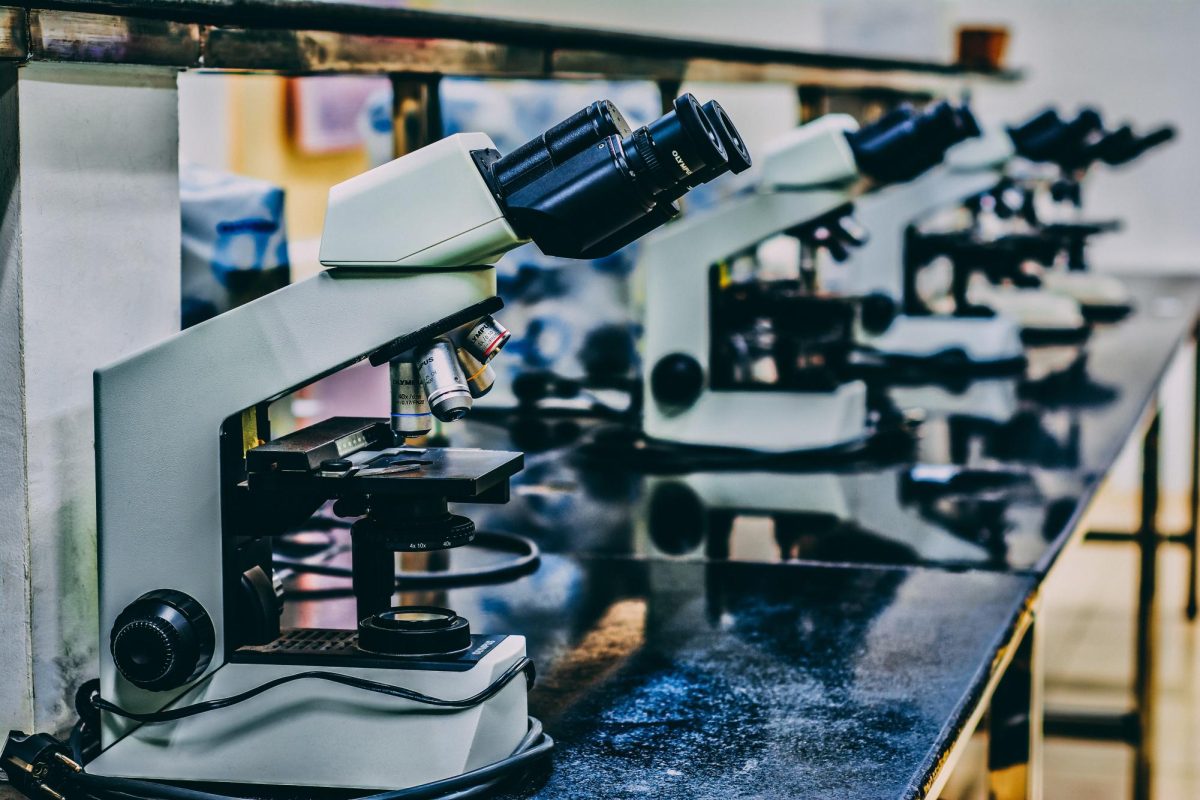After decades of research, Katalin Karikó and Drew Weissman were notified on Oct. 2 that they will be awarded the 2023 Nobel Prize for Physiology or Medicine. Their award-winning research laid the groundwork for the Moderna and Pfizer vaccines for COVID-19, which were developed in less than a year after the start of the pandemic.
“Covid” has become a word that most people are tired of hearing. It has been nearly four years since the beginning of the pandemic and the world is still feeling its effects. This fall, coronavirus numbers have been rising and new variants are still being discovered, which means the question we need to ask is whether or not this Nobel Prize helps continue research on COVID-19.
Unfortunately, research from a Stanford study shows that productivity of Nobel Prize laureates likely decreases post-ceremony, resulting in behaviors that are the exact opposite of what the award is meant to incentivize. Nobel Prizes are meant to reward hard work and serve as an incentive to continue important research, a fact which researchers seem to forget once they have the prize in hand. The study from Stanford shows laureates having “similar or decreased impact in their fields.” This was partly based on the age and the career of the laureates, according to Dr. John Ioannidis, the lead researcher of the Stanford study. While Dr. Ioannidis does recognize that many potentially contributing factors are left out of the study, the results remain concerning.
Winning a Nobel Prize is an extremely newsworthy event which results in winners being contacted by numerous media outlets for interviews. Prize winners may also be contacted by universities or other researchers to participate in experiments, or upcoming events where they can talk about their research. A spotlight is shined on the laureates, whether they like it or not.
For the most part, laureates are grateful for the attention and the opportunities that come with it. These researchers, however, are not only contacted about issues relating to science. One example of this comes from Oliver Hart, winner of the 2016 Nobel Prize in Economic Sciences, who was knighted post-award. Hart claims this is “something that obviously wouldn’t have happened if I hadn’t won the prize.” William G. Kaelin Jr., winner of the 2019 Nobel Prize for Physiology or Medicine, also noted that “if you’re not careful, you could spend a lot of time on the road giving talks, meeting people, going to banquets and I think I’ve managed that well.” This attention post-ceremony can hinder research because prize winners are now focused on the press and not just the research.
Winning a Nobel Prize is obviously a primarily positive event that comes with scores of opportunities, but it does seem like it could result in the top minds in science being more worried about the press than about the science that gets them there. This could have unintended consequences such as not having these researchers available to tackle pressing problems like the possibility of new COVID-19 variants.
Currently we don’t have the answer as to if this Nobel prize will affect COVID-19 research, but it will be interesting to see if Dr. Karikó and Dr. Weissman will continue related research to COVID-19 and bring press to the issue, or if they will turn to other topics of interest.
Regardless, it is important for scientists to recognize that Nobel Prizes are not the finish line. It is also important to note that while media outlets should give the laureates the props and attention that they deserve, they should also ask what will come next for the winners. The public and scientists need to be reminded that research does not end once the prize is obtained.
Katie Seda can be reached at [email protected] and followed on Twitter @KatieSeda_.


















